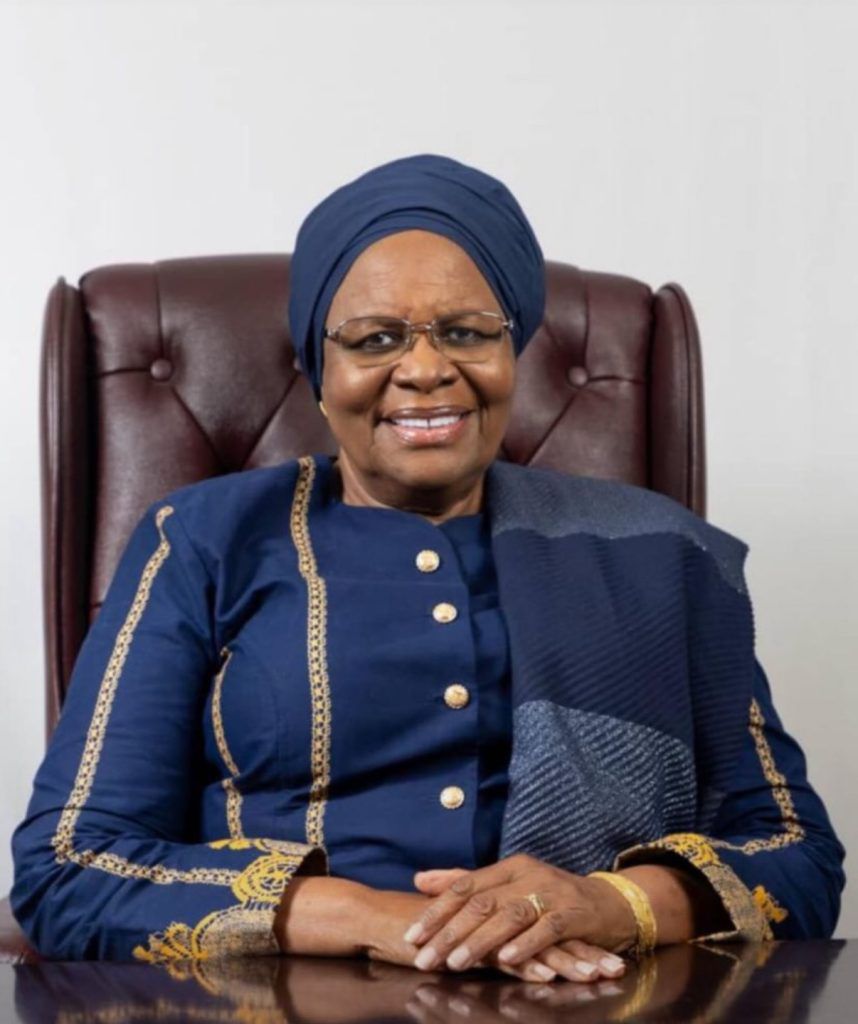ONE of the ghosts of the apartheid era is to return to Namibia 20 years after the shackles of colonialism were broken, with a new communications bill allowing the secret service to listen to all telephone calls, read all messages on mobile phones and scroll through the e-mails of citizens by means of special ‘interception centres’ staffed by the Central Intelligence Service.
Information and Communications Technology Minister Joel Kaapanda introduced the long-awaited 95-page Communications Bill in Parliament yesterday, which allows ‘Big Brother’ to intercept all electronic communication – using sophisticated hardware and software.According to Clause 70 of the Bill, there will be as many interception centres set up as pleases our spy agency to ‘do anything necessary in order to perform the interception or monitoring concerned as well as any decoding or description necessary to make the information in question intelligible and must forward all information obtained from these activities to the person who made the request.’Such requests can come from ‘any person or institution (authorised by law) to intercept or monitor electronic communications’.Providers of telecommunications services must ensure that such services are provided ‘in such a manner that it is capable of being intercepted’.In addition they must store date concerning the origin, destination and contents of the information at their own cost, including buying or leasing the necessary storage equipment. During wars or states of emergency, defence and security forces can make use of these providers’ infrastructure and services at the instruction of the Head of State.The Bill further provides for the establishment of an ‘independent’ regulatory authority with a board of directors, a chief executive officer and staff funded by fees and levies companies and service providers in the field of communications must pay. Another entity, the Communications and Information Policy Unit, will be set up within the line Ministry.Licence holders will have to pay into a new fund, the Universal Service Fund, to promote rural development in telecommunication. No company may hold a telecommunications or broadcasting licence unless it is 51 per cent Namibian owned. With mobile phone companies having started providing television and radio broadcasts on cellphone sets, it will raise the question whether Cell One might lose its licence, as it was sold lock, stock and barrel to an Egyptian company.Minister Kaapanda told the National Assembly that the new bill will protect the .na (dot na) Namibian Internet domain.This will be done by creating yet another entity with a board of directors, a chief executive and staff. It will be known as the .na Domain Name Association.Until now the .na domain has been administered by a local businessman. The new legislation also regulates the postal services, another novelty for Namibia. It will require the existing postal service provider, NamPost, to obtain a licence for its services. However, the Bill opens the field to competition for new, private postal service providers.
Stay informed with The Namibian – your source for credible journalism. Get in-depth reporting and opinions for
only N$85 a month. Invest in journalism, invest in democracy –
Subscribe Now!










